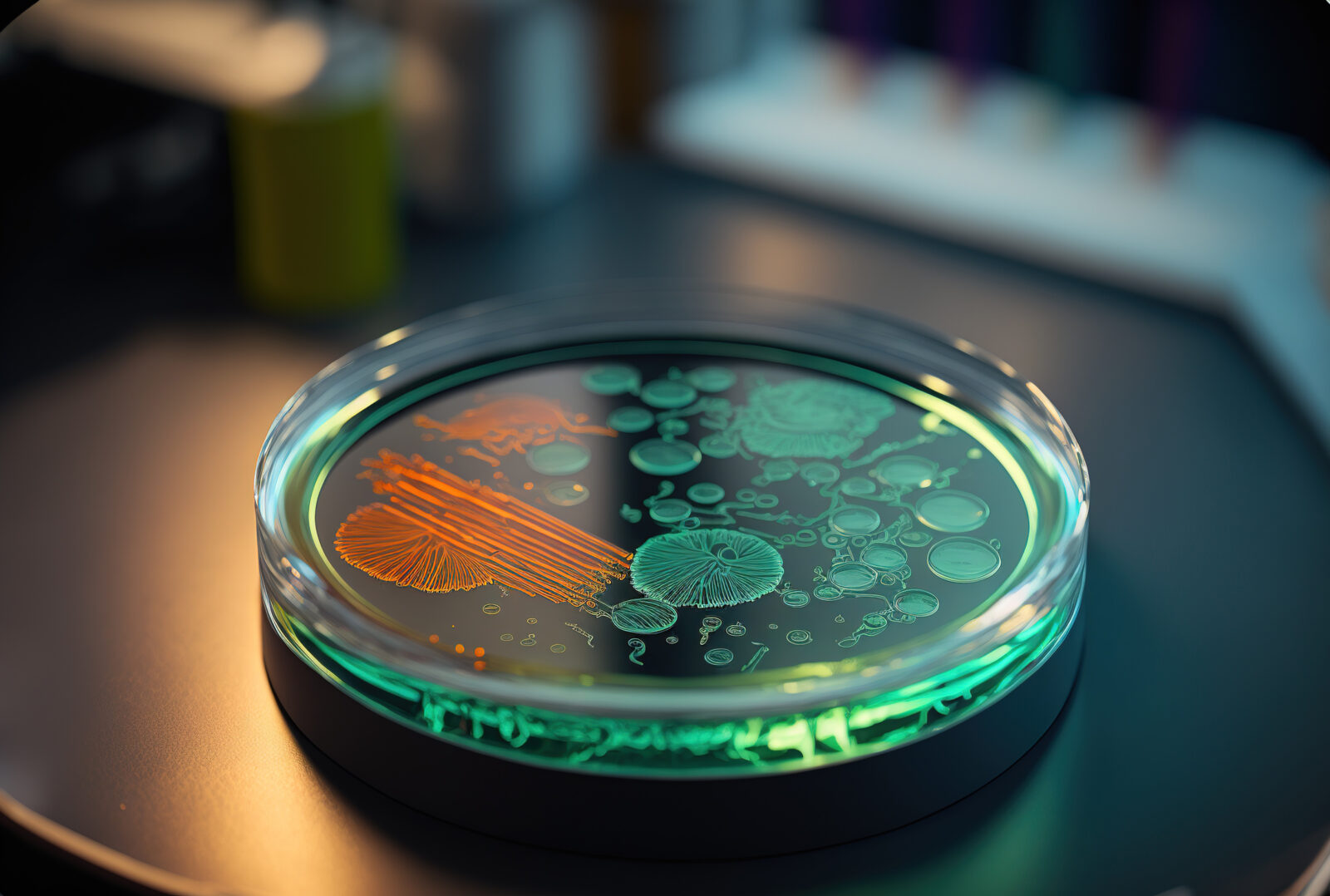

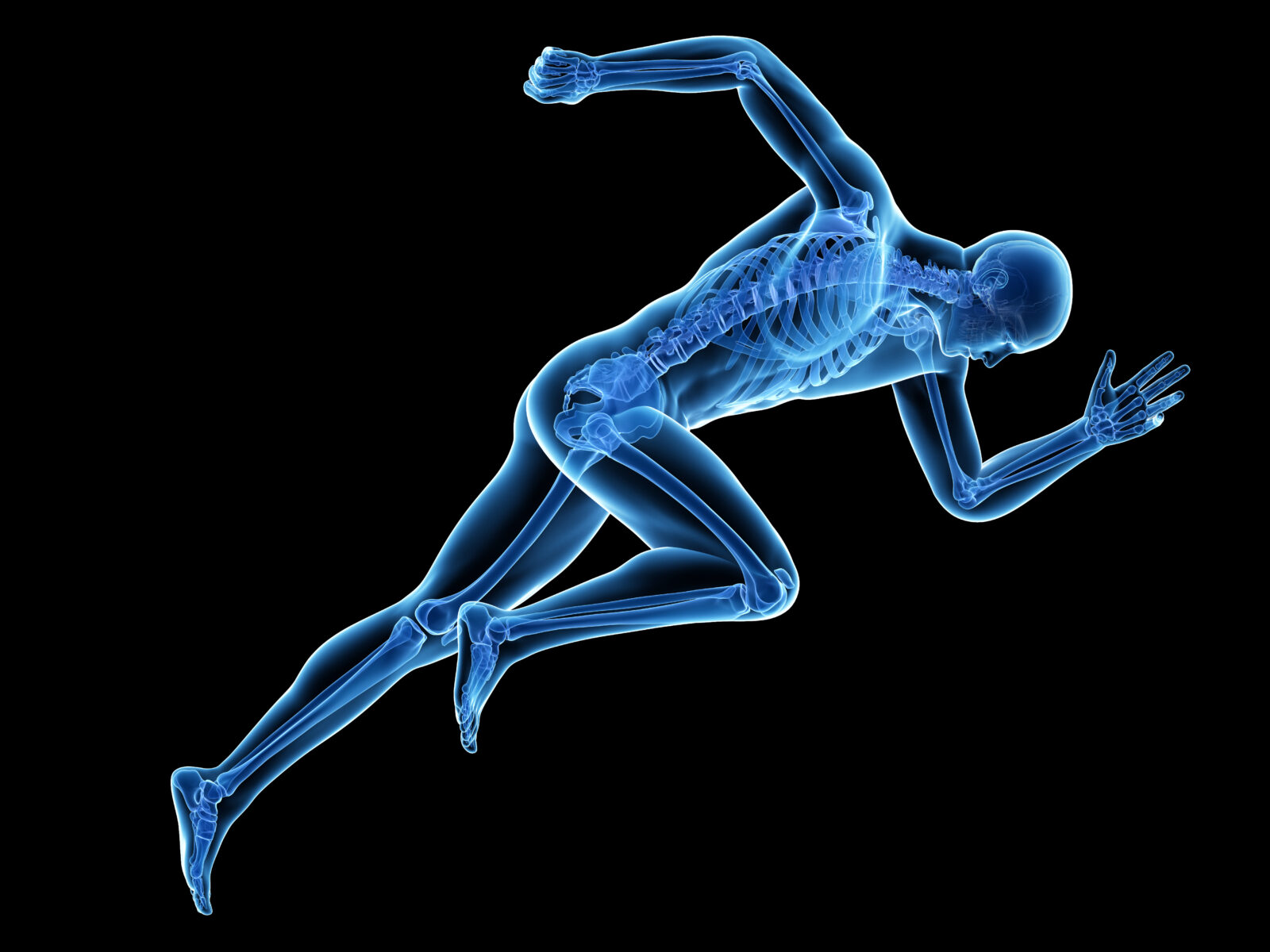
The Human Body As a Marvel of Engineering
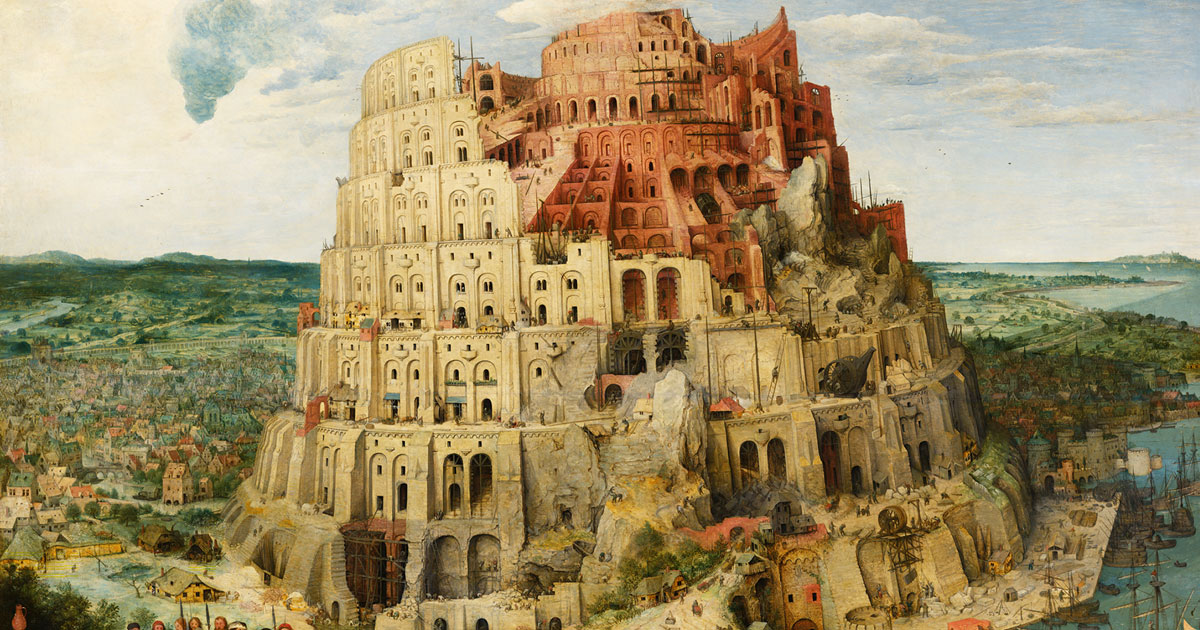
David Berlinski on Chickens, Eggs, Human Exceptionalism, and a Revolution

How Faith Can Improve Rigor and Creativity in Scientific Research
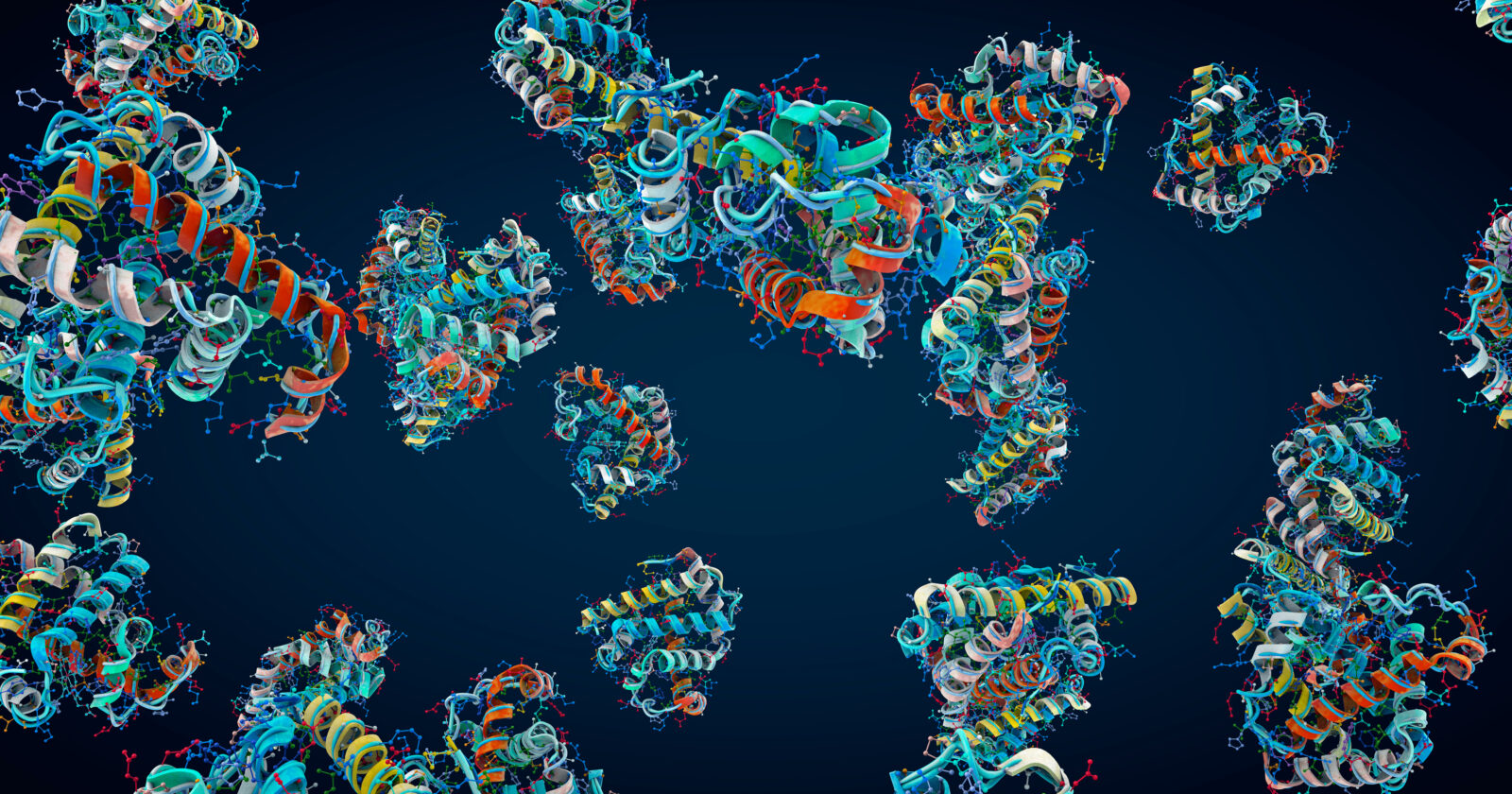
Protein Evolution, The Waiting Times Problem, and the Intriguing Possibility of Two First Parents

A PhD Evolutionary Biologist on Why He Embraces Intelligent Design
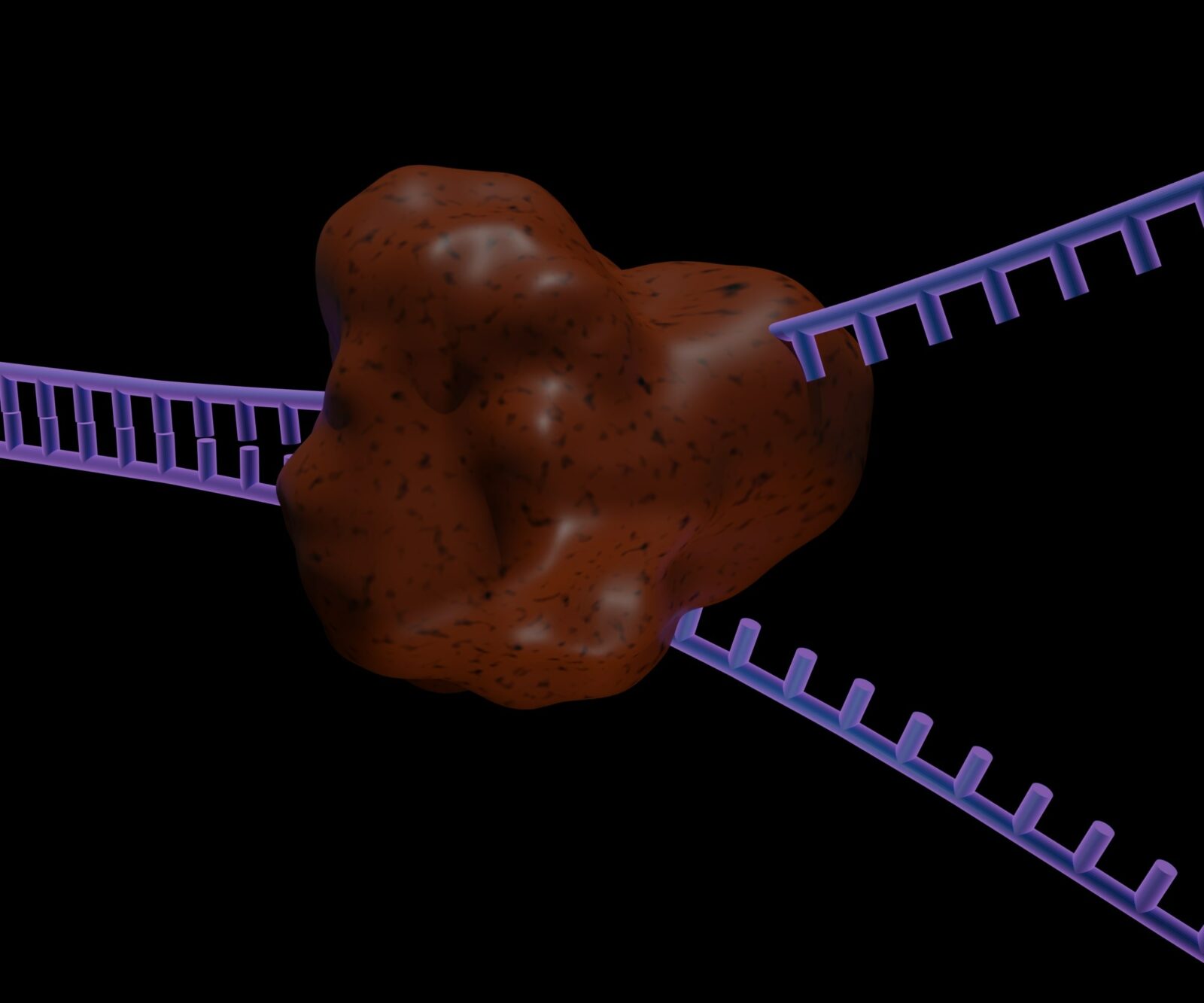
Jonathan McLatchie on Classic Examples of Irreducibly Complex Systems

Could Blind Forces Build a Self-Replicating Molecule?
On today’s ID the Future, scientist and Stairway to Life co-author Rob Stadler and host Eric Anderson examine a recent PNAS paper on origin of life, “An RNA Polymerase Ribozyme that Synthesizes Its Own Ancestor.” A superficial look at the paper—and the paper’s title in particular—might give the impression that the laboratory findings behind the paper render the blind evolution of the first self-replicating biological system appreciably more plausible. Not so fast, says Stadler. Listen in as he and Anderson highlight various ways the laboratory work in question is wildly unrealistic. And for a video exploring the many problems involved in blindly evolving the first self-replicator, check out a new Long Story Short animated YouTube video, created with input from Stadler, Debunking RNA world: Replication & Chemical Evolution.

God’s Grandeur: Ann Gauger on Beauty, Intelligibility, and Human Uniqueness
